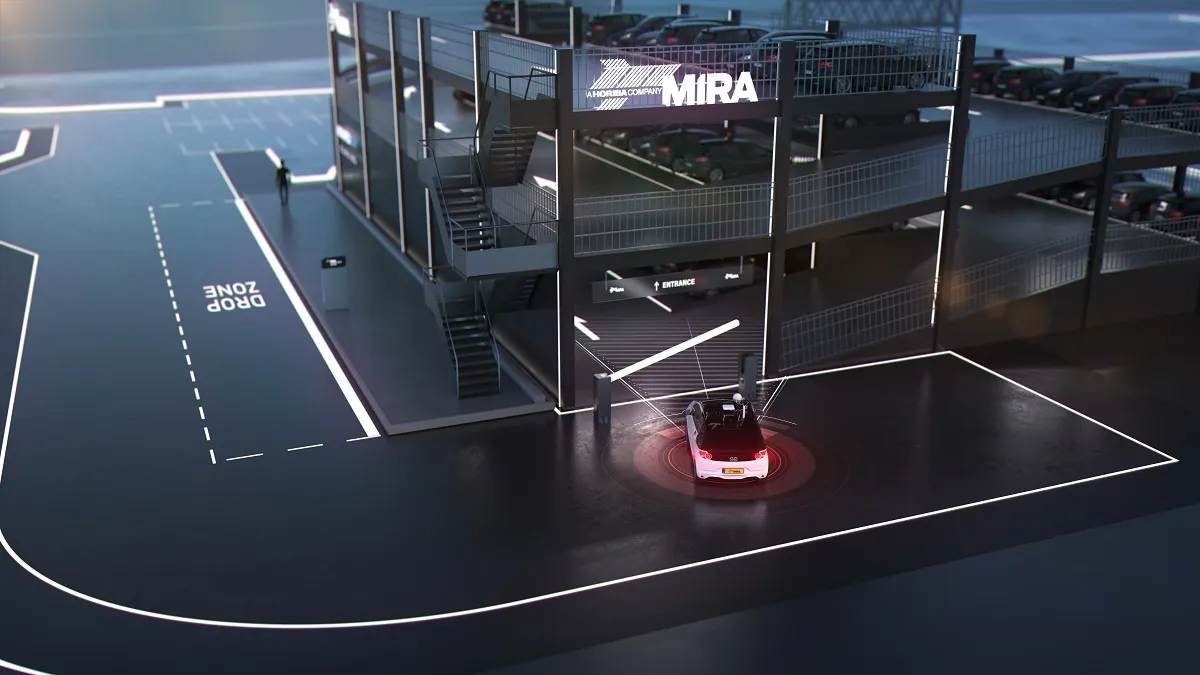Engineering company Ansys has joined forces with
Eric Bantegnie, vice president and general manager at Ansys, says the solution is designed to address “safety validation requirements for autonomous driving”.
Ansys says simulation greatly reduces the need for physical testing which would require billions of miles of road tests across a range of driving conditions.
The agreement is expected to help develop BMW’s Level 4 to 5 technology, delivering high and full automation for the BMW iNext, which could launch in 2021.
According to Ansys, the tool chain will use BMW’s sensor data through intelligent data analytics and the creation of scenarios such as usual driving situations and corner cases to ensure maximum test coverage. The solution will then perform safety assessments of the autonomous driving systems in a virtual environment, the company adds.
Ansys and BMW develop AV simulation tool
Engineering company Ansys has joined forces with BMW to develop a simulation tool chain for developing autonomous vehicle (AV) technologies.
Eric Bantegnie, vice president and general manager at Ansys, says the solution is designed to address “safety validation requirements for autonomous driving”.
Ansys says simulation greatly reduces the need for physical testing which would require billions of miles of road tests across a range of driving conditions.
The agreement is expected to help develop
June 17, 2019
Read time: 1 min









